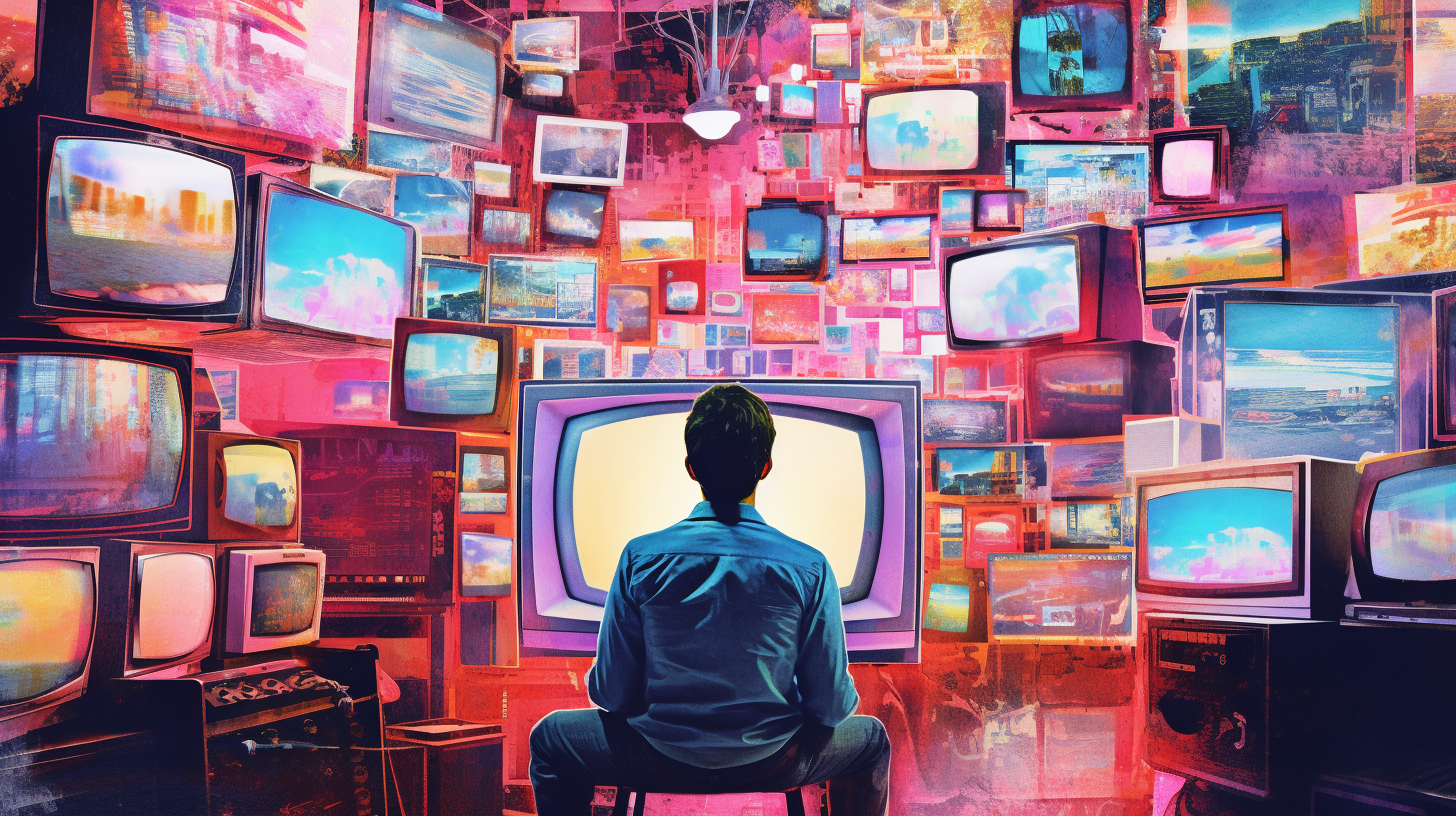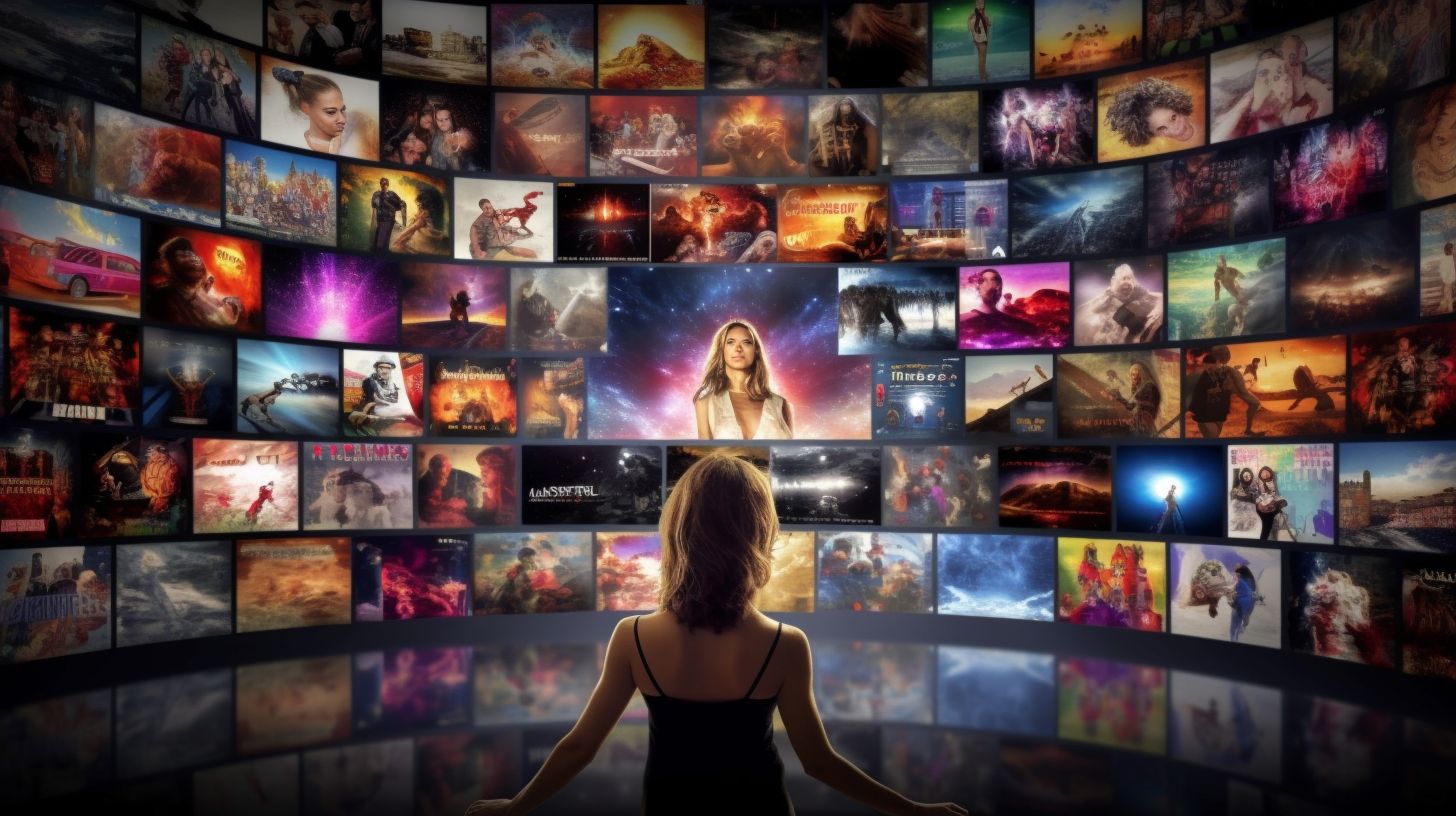The New Age of Entertainment: Streaming and the On-Demand Culture

The New Age of Entertainment: Streaming and the On-Demand Culture
Entertainment has been irrevocably altered in this epoch of technological advancement, where convenience reigns supreme and instant gratification is the norm. Streaming platforms have emerged as the self-proclaimed vanguards of a new age, promising unlimited access to a vast repertoire of audiovisual content at the mere click of a button. However, as we delve into the depths of this digital revolution, it becomes imperative to question the actual ramifications of this on-demand culture. Are we indeed witnessing a progressive evolution, or are we being seduced into a digital dystopia? With critical discernment, let us unpack the implications of the streaming phenomenon and challenge the conventional wisdom that hails it as an unmitigated boon.

The Erosion of Cultural Context:
The pursuit of personalization and convenience in the streaming era has unintentionally led to the erosion of cultural context. We no longer experience the days of browsing through libraries or theatres, engaging in serendipitous encounters that could broaden our horizons. Instead, we are confronted with algorithmically curated content that reinforces our existing preferences, restricting our exposure to new and diverse material. As a result, the concept of fate, a crucial element in fostering intellectual growth, has been supplanted by an echo chamber that reinforces our pre-existing beliefs and tastes.
Historical Experience and the Loss of Patience:
With their vast catalogs, streaming platforms have engendered an insidious effect on our patience and attention spans. The ritual of anticipation, once inherent to consuming entertainment, has been eroded by the immediacy of on-demand streaming. With the tap of a finger, we are now granted access to an entire season of a television series devoid of the week-long suspense that used to fuel water more relaxed conversations and communal anticipation. Moreover, this instant gratification breeds a lack of appreciation for the value of delayed gratification, which historically nurtured our ability to savor and contemplate cultural phenomena.
The Commodification of Art:
Streaming platforms, driven by profit-oriented motives, have commodified the artistic experience. By treating content as mere products to be consumed and discarded, they strip away the intrinsic value of art, reducing it to a mere commodity. This commercialization debases the integrity of the artist's work and underparts the cultural and historical signifieds. Moreover, by divorcing content from its contextual moorings and turning it into a transient consumable, streaming platforms perpetuate a shallow engagement with culture, devoid of profound intellectual and emotional connection.
The Illusion of Choice:
The streaming paradigm purports to provide many options, a seemingly infinite array of content at our fingertips. However, this illusion of choice masks a homogenization of cultural production. Streaming giants, wielding unprecedented power, have become content gatekeepers, dictating what is accessible and what remains hidden. Originality and risk-taking are relegated to the periphery as market-tested formulas dominate the landscape. In this realm, niche voices and unconventional ideas are marginalized, smothered by algorithms prioritizing populism over artistic merit.
The Erosion of the Shared Experience:
In its emphasis on personalized consumption, the streaming revolution erodes the collective experience that was once an integral part of entertainment. The shared experience of gathering around a television set or theatre, engaging in a communal dialogue with friends, and striking is supplanted by remote, solitary viewing. The loss of collaborative engagement robs us of the opportunity for collective introspection, debate, and the forging of shared memories. In this atomized society, where the screens act as solitary portals to the digital realm, we risk losing the bonds that unite us as human beings.
Conclusion:
While the advent of streaming and the on-demand culture offers undeniable conveniences and possibilities, we must scrutinize the more profound implications of this transformation. By challenging the conventional wisdom that hails it as a universally positive force, we can discern the erosion of cultural context, the loss of patience, the commodification of art, the illusion of choice, and the decline of the shared experience. We must guard against the uncritical adoption of technology and demand an ecosystem that values cultural diversity, intellectual rigor, and the preservation of human connection. Let us not be swept away by the allure of convenience at the cost of our collective cultural heritage. In this pursuit, philosophy must play an indispensable role, urging us to question, challenge, and redefine what it means to consume in this new age of entertainment.
Plato Re-Imagined
This course offers 32 comprehensive lectures exploring most of Plato's dialogues. These lectures guide students toward a consilient understanding of the divine—a concept that harmonizes knowledge across disciplines and resonates with secular and religious leaders. As a bonus, Lecture #33 focuses on consilience, demonstrating how different fields of knowledge can converge to form a unified understanding.
